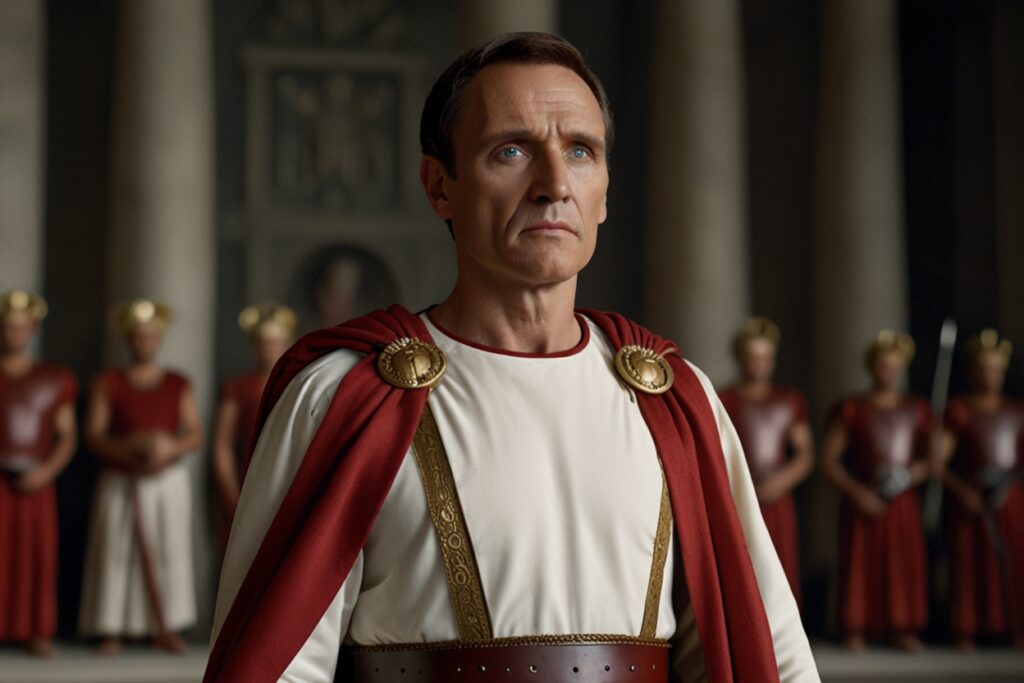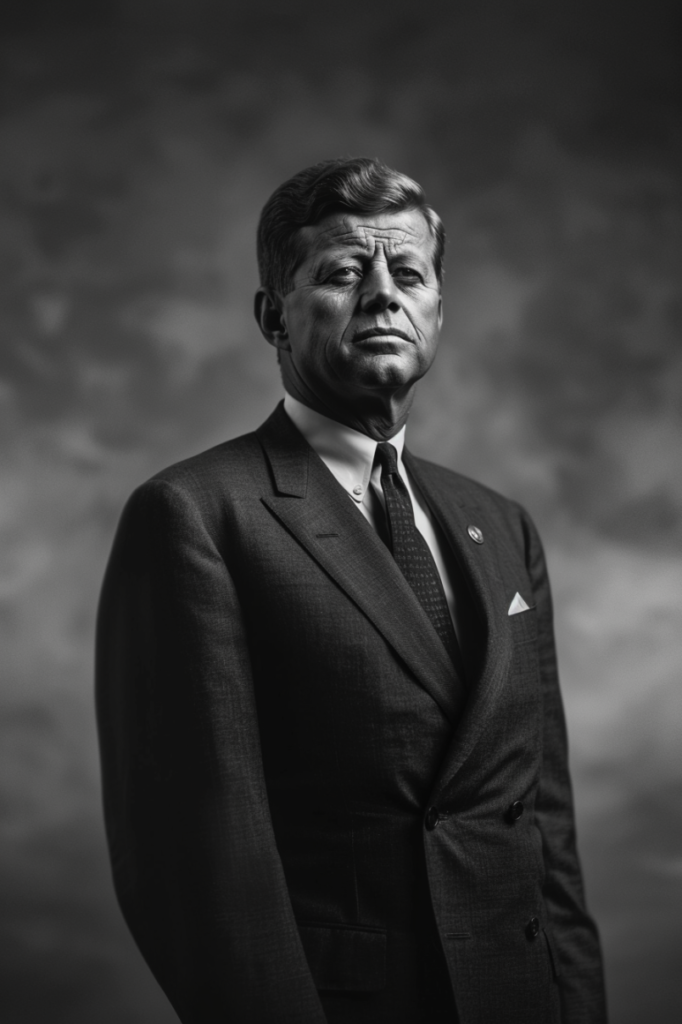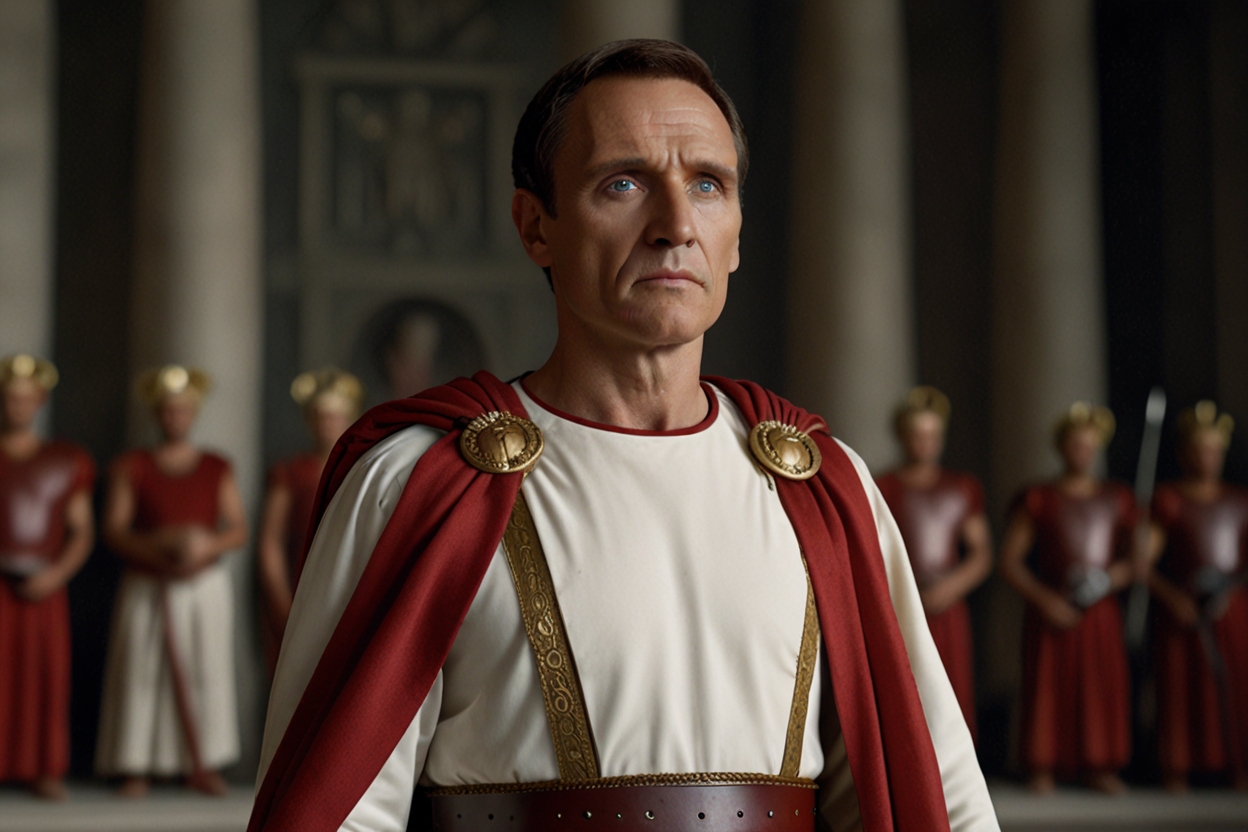
The assassination of historical figures has been a recurring theme throughout history, leaving lasting impacts on the world.
From ancient emperors to modern-day leaders, the lives of these individuals have been cut short by the actions of others.
In this article, we will explore some of the most notable assassinations of historical figures, examining the circumstances surrounding their deaths and the lasting effects on the world.
Famous Assassination of Historical Figures
Julius Caesar
Julius Caesar, the Roman statesman and general, was assassinated on March 15, 44 BCE, an event famously known as the Ides of March.
A group of senators, including Brutus and Cassius, who feared Caesar’s growing power and potential to become a dictator, orchestrated the assassination.
They believed his death was necessary to preserve the Roman Republic.
Caesar was stabbed 23 times in the Senate chamber.
Historical impact
Caesar’s assassination had profound effects on Roman politics.
Instead of restoring the Republic, as the conspirators had hoped, it led to a series of civil wars.
Ultimately, it marked the end of the Roman Republic and the beginning of the Roman Empire under Caesar’s adopted son, Octavian (later known as Augustus).
This transition significantly altered the course of Roman history and established a system of government that influenced political structures for centuries.
Abraham Lincoln

Abraham Lincoln, the 16th President of the United States, was assassinated on April 14, 1865.
He was shot by John Wilkes Booth, a well-known actor and Confederate sympathizer, while attending a play at Ford’s Theatre in Washington, D.C.
Lincoln died the following day, making him the first American president to be assassinated.
Historical impact
Lincoln’s assassination came just days after the end of the American Civil War, plunging the nation into deep mourning.
His death disrupted the plans for Reconstruction, the period during which the Southern states were to be reintegrated into the Union.
The power vacuum and political turmoil following his assassination contributed to the rise of the Jim Crow Era, a period characterized by severe racial segregation and discrimination in the Southern United States.
Mahatma Gandhi
Mahatma Gandhi, a pivotal leader in the Indian independence movement, was assassinated on January 30, 1948.
Nathuram Godse, a Hindu nationalist who opposed Gandhi’s vision of religious pluralism and his efforts to reconcile Hindus and Muslims, shot him while he was on his way to a prayer meeting in New Delhi.
Historical Impact
Gandhi’s assassination shocked India and the world, leading to widespread outrage and a surge in violence between Hindus and Muslims.
His death marked the end of the non-violent independence movement that he had championed and ushered in a new era of Indian politics.
The tragedy highlighted the deep-seated religious and political divisions within the country, influencing India’s trajectory as a newly independent nation.
John F. Kennedy

John F. Kennedy, the 35th President of the United States, was assassinated on November 22, 1963, by Lee Harvey Oswald.
Kennedy was riding in an open-top car in a motorcade through Dallas, Texas, when Oswald, a former Marine and employee of the Texas School Book Depository, shot him.
Kennedy’s death shocked the nation and the world, leading to a period of intense national mourning.
Historical impact
Kennedy’s assassination marked a significant turning point in American politics.
It occurred during a tense period of the Cold War, an era characterized by geopolitical rivalry between the United States and the Soviet Union.
While Kennedy’s death did not initiate the Cold War, it intensified the sense of urgency and the need for strong leadership in the U.S.
His assassination is often seen as the beginning of a more assertive American foreign policy and the further solidification of the United States as a global superpower.
The aftermath also led to various conspiracy theories and has been a subject of ongoing debate and investigation.
Archduke Franz Ferdinand of Austria
Archduke Franz Ferdinand, the heir presumptive to the Austro-Hungarian throne, was assassinated on June 28, 1914, by Gavrilo Princip, a Serbian nationalist and member of the Black Hand organization.
The assassination took place in Sarajevo and was driven by the desire for Slavic independence from Austro-Hungarian rule.
Historical impact
The assassination of Archduke Franz Ferdinand is widely regarded as the immediate trigger for World War I.
This single event set off a chain reaction of alliances and conflicts that led to the Great War, involving many of the world’s major powers.
The war resulted in unprecedented destruction and loss of life, reshaping the political landscape of Europe and leading to significant changes in international relations, the rise of new nations, and the eventual decline of empires.
Indira Gandhi

Indira Gandhi, the Prime Minister of India, was assassinated on October 31, 1984, by her Sikh bodyguards, Satwant Singh and Beant Singh.
The assassination was in retaliation for Operation Blue Star, a military operation ordered by Gandhi to remove Sikh militants from the Golden Temple in Amritsar, a sacred site in Sikhism.
Historical impact
Indira Gandhi’s assassination led to a significant and violent backlash against the Sikh community in India, resulting in widespread riots and the deaths of thousands of Sikhs.
This period of violence exacerbated communal tensions and highlighted the fragile state of religious harmony in India.
Gandhi’s death also marked a turning point in Indian politics, affecting the country’s social fabric and leading to changes in its political landscape.
Martin Luther King Jr.
Martin Luther King Jr., the renowned American civil rights leader, was assassinated on April 4, 1968, by James Earl Ray, a white supremacist.
King was standing on the balcony of his motel room in Memphis, Tennessee, when he was shot.
His assassination sent shockwaves through the United States and the world.
Historical impact
King’s assassination led to widespread riots and civil unrest across the United States, reflecting the deep-seated racial tensions and frustrations within the country.
His death is often seen as the end of the Civil Rights Movement, which had made significant strides in fighting racial segregation and discrimination.
However, it also marked the beginning of a new era of social activism and the ongoing struggle for racial equality and justice.
King’s legacy continues to inspire movements for civil rights and social change globally.
Conclusion
The assassination of historical figures has had significant impacts on the world, shaping the course of history and influencing modern politics.
From Julius Caesar to Martin Luther King Jr., these individuals have left lasting legacies that continue to be felt today.
Understanding the circumstances surrounding their deaths can provide valuable insights into the complexities of history and the lasting effects of these events.



